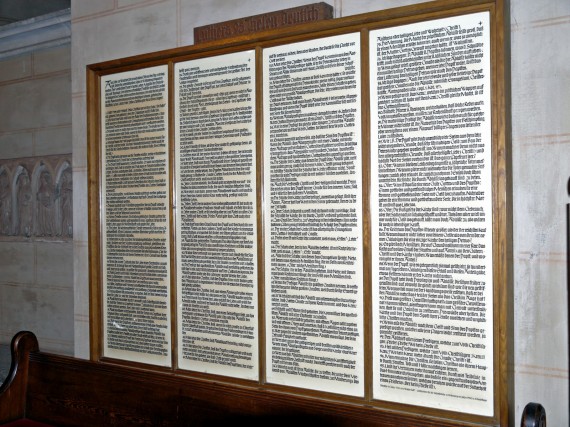Jesus gave the keys of the kingdom of heaven to Peter so that Peter could unlock the gates of hell and set the captives free.
But did Peter ever use them? Yes, he used them in three places in the Book of Acts.

The Question of the Kingdom
The book of Acts begins with the disciples asking if Jesus was now going to restore the kingdom (Acts 1:6).
Jesus answers in Acts 1:7-8. Most people think that Jesus basically says, “I’m not going to tell you because that is the wrong question, and here is what I want you to do instead.” But this is not what Jesus was saying. Instead, He was explaining that while He couldn’t tell them exact times and dates, He did know what it would look like when it came: they would receive power when the Holy Spirit came upon them, and they would be His witnesses in Jerusalem, Judea, Samaria, and to the rest of the world (Acts 1:8).
Scholars have often noted that this is the outline of the book, as the good news about Jesus begins in Jerusalem in Acts 2, and then spreads out to Judea, Samaria, and eventually to the rest of the known world. But what is less often noted is the role Peter plays in this spread of the Gospel, especially in connection with the statement of Jesus in Matthew 16:19.
[Read more…]






 Matthew 16:19 – The Keys of the Kingdom
Matthew 16:19 – The Keys of the Kingdom
 The first major problem with the way doctrinal statements are used is that they tend to set up individual churches and church leaders as judges over the eternal destiny of others, rather than leave this up to Jesus. Yes, the church is supposed to judge others, but only in areas of personal disagreements and breaking the law (1 Cor 5:12; 6:1-6), not in the areas of eternal destiny.
The first major problem with the way doctrinal statements are used is that they tend to set up individual churches and church leaders as judges over the eternal destiny of others, rather than leave this up to Jesus. Yes, the church is supposed to judge others, but only in areas of personal disagreements and breaking the law (1 Cor 5:12; 6:1-6), not in the areas of eternal destiny.


